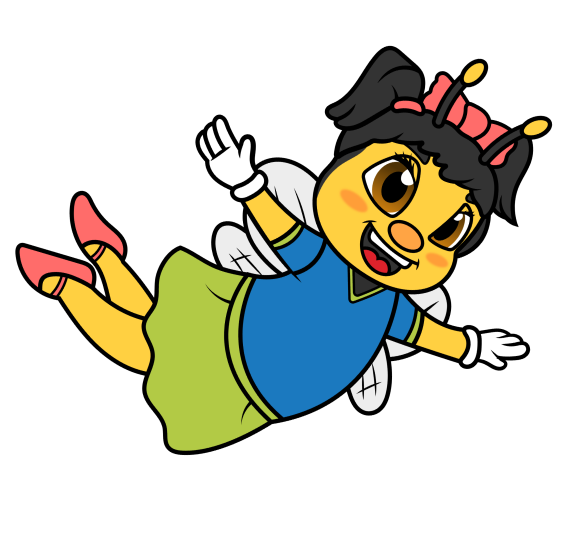- Our ProgramsMenu
- Our LocationsOur LocationsMenuAkronMenuClevelandMenuColumbusMenuToledoMenu
- Blog
- About Us
- Career
- Contact
Our world-class early childhood education programs help your little one BEE the best they can BEE. Through our custom initiatives and engaging activities, we inspire children in ways that turn their young minds into bright ones.

The Clever Bee Academy Experience is an integrated child care and early childhood education program model aimed at preparing children to be life-long learners. As one of the most reliable child and infant care centers in Northern Ohio, we offer programs for children from infancy to twelve years old.
Children are born eager to learn. Clever Bee Academy’s program helps lead children to their full potential and prepares them for success in school and beyond.
At Clever Bee Academy, we pride ourselves on our expansive presence in Northern Ohio. Each of our centers is designed to provide a nurturing environment where children can thrive and explore their potential. From infancy to twelve years old, our facilities are equipped to cater to the diverse needs of every age group. Our commitment is to ensure that every child has access to quality early childhood education, no matter where they are located. Discover the Clever Bee Academy center nearest to you and witness firsthand the difference we make in young lives.
Finding a new childcare provider is a big decision! Picking the best center for both their development and the well-being of your family might feel overwhelming. We’re here to help make this decision a bit easier. Schedule a tour to view our locations and talk to our educators.
